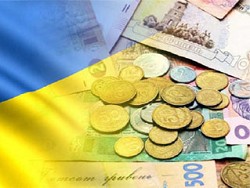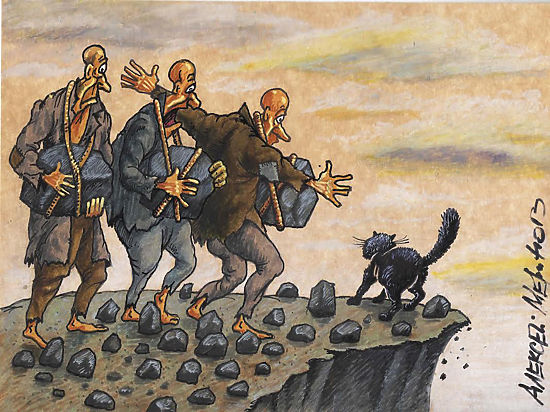
This year the Ministry intends to continue work on the monetization of benefits is provided for in the government’s plans for 2016.
What “bonuses” available to the population, want to replace cash, the pros and cons of the initiative, and also — will there be enough money in the budget.
Instead
As reported by NewsDay/24, a clear plan of action and draft law on monetization no, his only develop. “There are some proposals (eg — give money for travel to the students instead of the 50% payment, or pensioners, entitled to free medication, etc.). But the whole document has not yet been developed is very difficult,” explained the Deputy head of Committee of social policy of the Verkhovna Rada Sergey Kaplin. It is easy to understand because with time to monetize would also have preferential treatment in health resorts, and much more.
First steps the Cabinet has already made. Over a year ago, Prime Minister Arseniy Yatsenyuk has set a target to reduce the number of beneficiaries doubled (to 17 million). The task is not completely fulfilled, but those who have the income for the last six months exceeded 1710 hryvnias per month, incentives for public utility services were replaced with subsidies (for many, the amount of subsidy is less, because the subsidy on utility prices were 50-75%). The question Today about preparing for the monetization of benefits, the Minister of social policy Pavlo Rozenko said, “Working on it”. Previously Rozenko we were told that in the nearest plans of the Ministry is replacing the money to free travel: “I wished every low-income beneficiaries had enough money to travel. But it is important to explain to the people that changed the system: the right of free travel left, but you need to buy a ticket or a badge, for the money of the state. If minresurs and political will, to launch the mechanism can be in 2-3 months,” reports the Course of Money.
Experts
Economists remind us that the monetised benefits almost all over the world, and in their present form continue to be operated only in post-Soviet countries. According to a senior adviser at the social security Institute of local government Anton Levitsky, you first need to monetize a free pass, as this benefit is the most common. Moreover, it will not run in the Outback (seniors should ride free on commuter buses, but they do not carry, as private carriers), and gortransport crowded with pensioners with unlimited travel. The state Treasury of the costs of transport workers does not compensate fully, referring to the fact that there is no mechanism for accounting for beneficiaries. As told to us Levitsky, back in 2012, the Institute proposed to introduce the norm on 10-12 trips per month: to the social security office, a clinic, a market and give money to all who put benefit. “But the authorities want to pay per use, they are cheaper. And count the number of privileged users, they can not physically — there is no accounting system”.
But the political analyst Vadim Karasev against “real” money to benefits, especially for travel: “we Need to issue travel tickets on the month or travel in suburban transport. At the same time and solve the problem of accounting. Also you have to deal with other benefits: treatment, rehabilitation, dentistry. But to talk about monetizing is premature until you begin to develop the economy — now we don’t have enough money”.
Box-sets and incentives to study
In the EU there are also benefits, but not for merit. For example, in Poland students have the right to free travel or, if the Polish roots of the student, even learn for free.
In Finland, the disabled and large families can get a discount on rent, or live in the apartment for free, and young mothers are given compulsory speccially with children’s clothing, bedding and toys (the box itself can be used as a crib). In France children can free ride on the school bus. “For poor children meals at school free. That’s good, because every day lunch can cost 3-6 euros, and the childminder is 1-3 euros”, — told us Lyudmila French Maureen.








